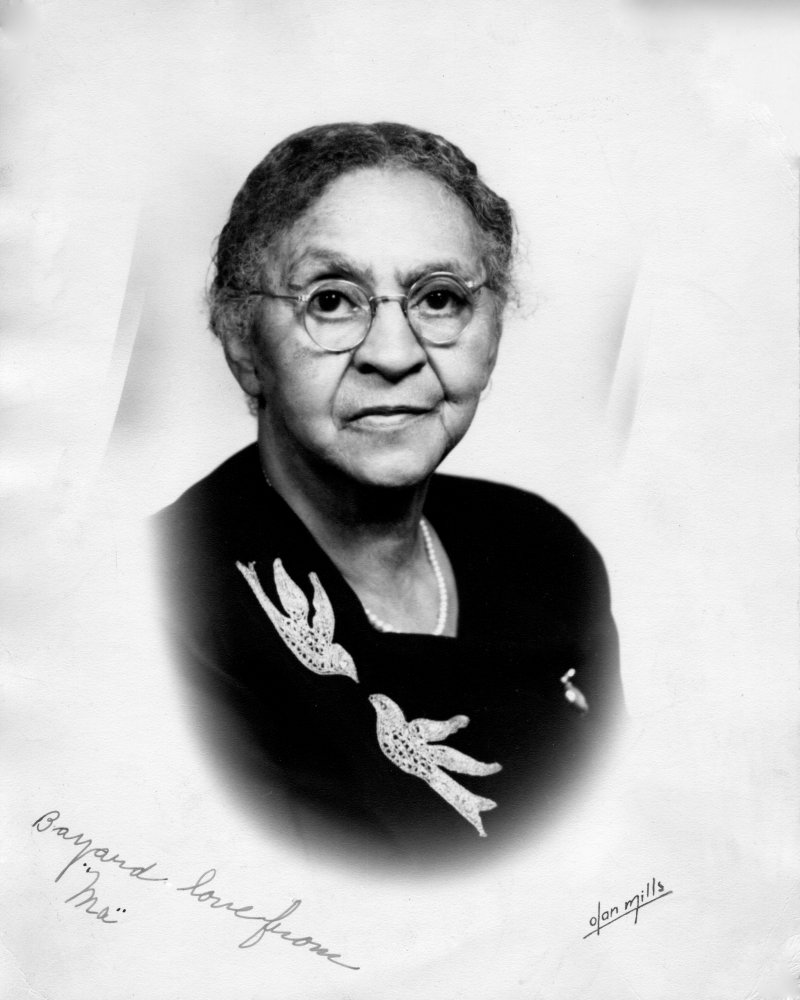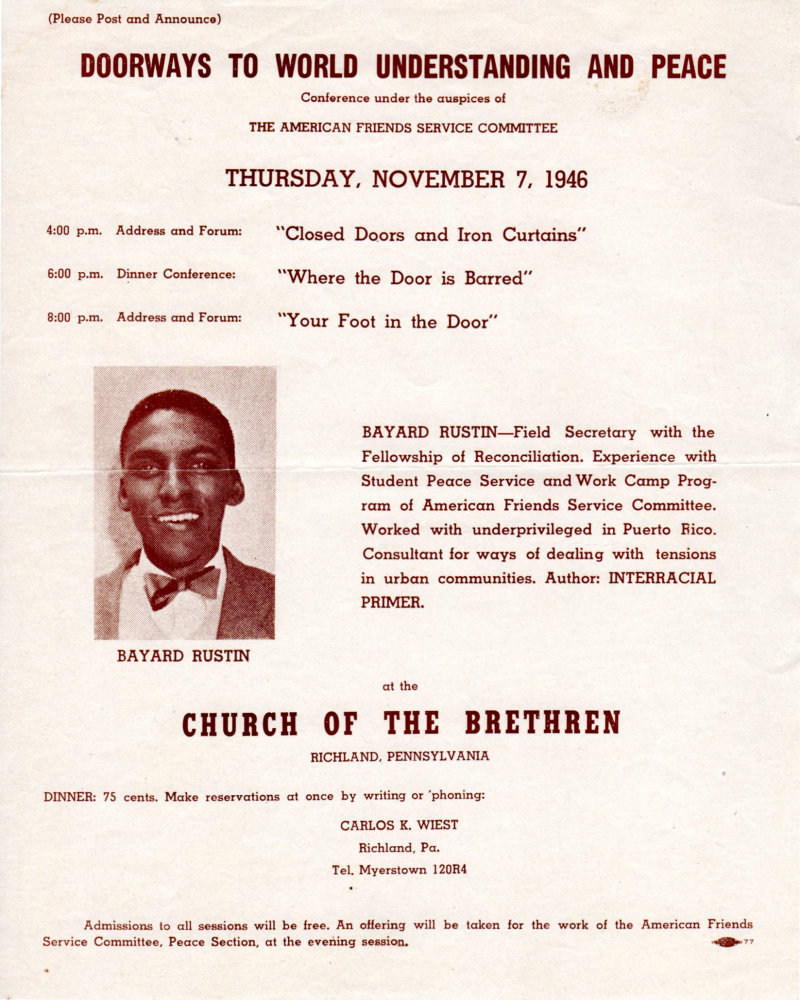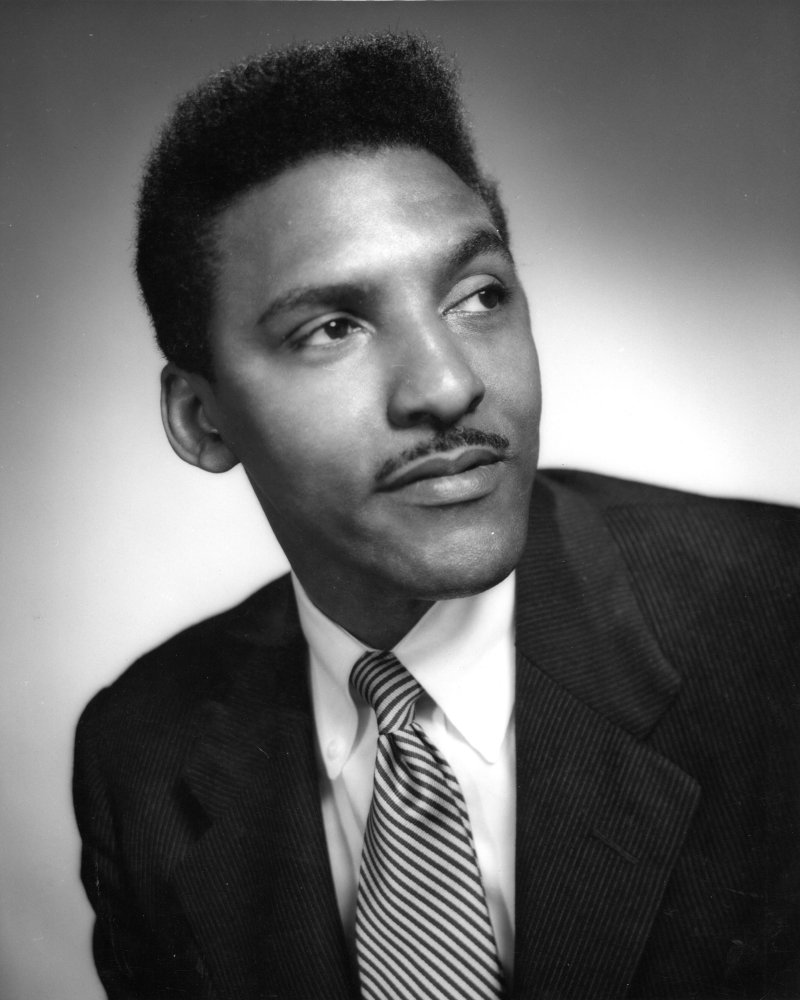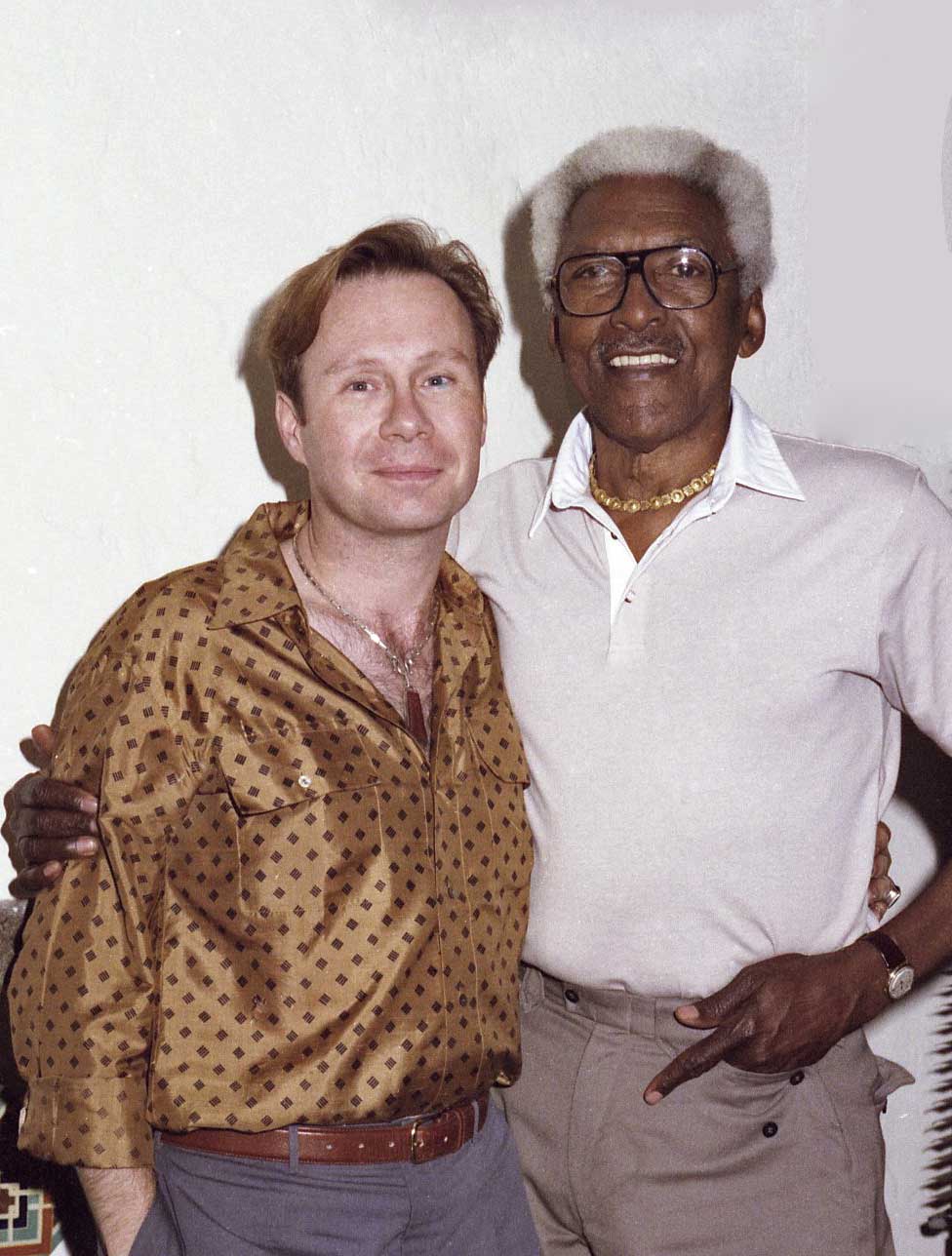
Bayard Rustin
Biography
Bayard Rustin was one of the outstanding human rights proponents and strategists of the modern era. Usually working out of the public spotlights, Rustin’s socioeconomic analysis, commitment to nonviolent social change, and tactical organizing have been integral to the civil rights, pacifists and trade union movements of the mid-20th century.
 his grandmother, Julia Davis Rustin Born March 12, 1012, in West Chester Pennsylvania, Rustin’s early life was influenced by the Quaker Pacifism of this grandmother, Julia Davis Rustin, and his personal experiences of a segregated society. After studies at Wilberforce College, Cheyney State College and the City College of New York, Rustin became Race Relations Director for the Fellowship of Reconciliation. At this time Rustin also began his long-time association with A. Philip Randolph, president of the Brotherhood of Sleeping Car Porters, serving as youth organizer for Randolph’s 1941 announced march on Washington.
his grandmother, Julia Davis Rustin Born March 12, 1012, in West Chester Pennsylvania, Rustin’s early life was influenced by the Quaker Pacifism of this grandmother, Julia Davis Rustin, and his personal experiences of a segregated society. After studies at Wilberforce College, Cheyney State College and the City College of New York, Rustin became Race Relations Director for the Fellowship of Reconciliation. At this time Rustin also began his long-time association with A. Philip Randolph, president of the Brotherhood of Sleeping Car Porters, serving as youth organizer for Randolph’s 1941 announced march on Washington.
Standing firm to his convictions on justice, nonviolence, and human equality, Rustin served more than two years in Lewisburg Penitentiary as a conscientious objected during World War II and, thereafter, served 30 days on a North Carolina chain gang for his participation in the first Freedom Ride in the South.
 poster of Rustin speaking 1946
poster of Rustin speaking 1946
 young Bayard In 1955, Rustin became a special assistant to Dr. Martin Luther King, Jr. He helped organize the Montgomery bus boycott and drew up plans for the Southern Christian Leadership Conference. At the behest of King and Randolph, Rustin was the chief organizer of the 1963 March on Washington. Rustin’s influence expanded the agenda for this gathering of 250,000 people beyond the demands for integration to include fundamental economic and social reforms.
young Bayard In 1955, Rustin became a special assistant to Dr. Martin Luther King, Jr. He helped organize the Montgomery bus boycott and drew up plans for the Southern Christian Leadership Conference. At the behest of King and Randolph, Rustin was the chief organizer of the 1963 March on Washington. Rustin’s influence expanded the agenda for this gathering of 250,000 people beyond the demands for integration to include fundamental economic and social reforms.
Rustin founded the A. Philip Randolph Institute in 1964 to build coalitions for social change between the labor movement, the Black community and other groups. While serving as executive director there, he has become increasingly well-known as a commentator on human rights and social change.
 Rustin & Walter In April 1977, Rustin met Walter Naegle during a chance encounter on a New York City street. Their relationship quickly blossomed, and since same-sex marriage was not an option at that time, Rustin adopted Naegle as his son five years later. They were together until Rustin’s death on April 24, 1987.
Rustin & Walter In April 1977, Rustin met Walter Naegle during a chance encounter on a New York City street. Their relationship quickly blossomed, and since same-sex marriage was not an option at that time, Rustin adopted Naegle as his son five years later. They were together until Rustin’s death on April 24, 1987.
(This biographical statement—with minor updates—was written by Mark Bowman to accompany the publication of this 1987 interview with Rustin). In introducing this interview, Bowman also wrote:
As a gay man, Bayard Rustin has been subjected to private and public castigation throughout his career, While, in his own words, he “never came out of the closet with flags flying,” Rustin has not compromised his position as a social pioneer who happened to be gay. In this interview with Open Hands, Rustin addresses this part of his life most often ignored in other public forums.
Biography Date: March 2024
Additional Resources
Read Mark Bowman's remarkable story of how this interview happened and became available to you: The Lost Is Found
Here is the edited version of this interview that was published in the Spring 1987 issue of Open Hands: Interview with Mark Bowman, 1987
Among many biographical references for Rustin, there is an extensive narrative in Wikipedia:
https://en.wikipedia.org/wiki/Bayard_Rustin
The definitive biography of Bayard Rustin is: The Lost Prophet: Life and Times of Bayard Rustin by John D'Emilio (University of Chicago Press 2003).
Oral Histories:
Events:
Tags
Friends/Quakers | Civil Rights Movement | Black | New York City | New York | Rustin, Bayard | Gay Liberation Movement
Citation
“Bayard Rustin | Profile”, LGBTQ Religious Archives Network, accessed March 04, 2026, https://lgbtqreligiousarchives.org/profiles/bayard-rustin.
Remembrances